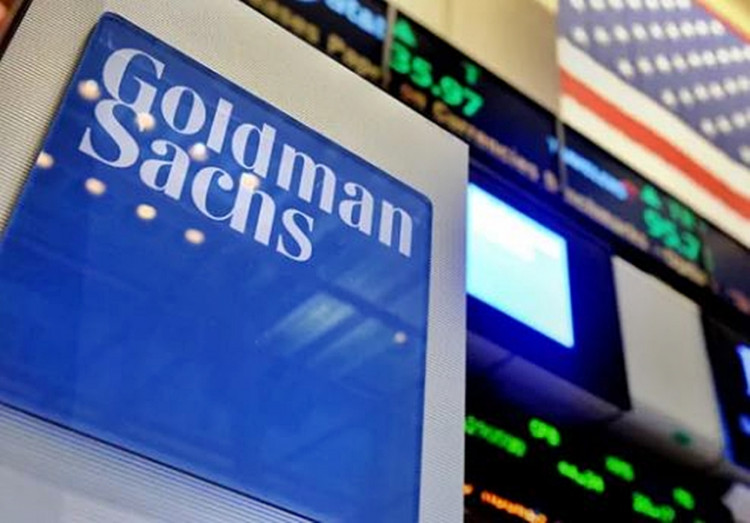The Goldman Sachs Group, one of the world's largest investment banks, reckons that a trade deal between the United States and China will leave some tariffs in place but won't solve the underlying issues that led Trump to declare a trade war on China.
In a just-released report, Goldman Sachs believes the U.S. and China will be more likely to reach some form of a trade agreement during the upcoming meeting between Donald Trump and Xi Jinping.
"Our base case is that an agreement would leave some U.S. tariffs in place, potentially lifting them in stages as various commitments under the agreement have been met. We nevertheless expect some US tariffs to remain in place into 2020," said Goldman Sachs in its report.
The investment bank believes a future trade deal might involve three phases. The first phase should see U.S. and Chinese officials continue their fruitless meetings over the next few weeks to work out differences on thorny issues.
The second phase might see the confirmation of the expected Trump-Xi meeting in Florida in late March. This meeting might see issues left unresolved in Phase One finally reach some sort of conclusion. This phase will probably see a 75 percent chance the two presidents announce a formal agreement of some kind.
Phase three, which Goldman Sachs describes as the most unclear in terms of outcome, is enforcing the new agreement. This enforcement issue might also become a deal breaker.
Informed sources and media reports confirm both sides have made no significant progress in tackling the key issues that led Trump to declare a trade war on China. These intractable problems include enforcing punishment for Chinese theft of intellectual property theft; punishments for enforced technology transfers committed by China and guarantees the structural reforms related to trade and economic policies demanded by Washington will be carried out.
U.S. Trade Representative Robert Lighthizer threatened that Washington will take "proportional and unilateral action" to enforce the terms of the new deal. Goldman Sachs took this to mean the imposition of new tariffs or the re-imposition of tariffs held in abeyance if the U.S. believes China is failing to uphold the agreement.
"It is not yet clear whether tariffs will be lifted or at least reduced as part of whatever agreement Presidents Xi and Trump might reach," said the report.
"We would expect that the US would push to keep the current tariffs in effect in the near-term and reduce them only once China implements aspects of the agreement. We expect China to press for their immediate removal."
This being the case, Goldman Sachs said it expects that "whatever is agreed at that point will lack specifics in many areas and that additional technical work will still need to be done after the presidential meeting takes places."






